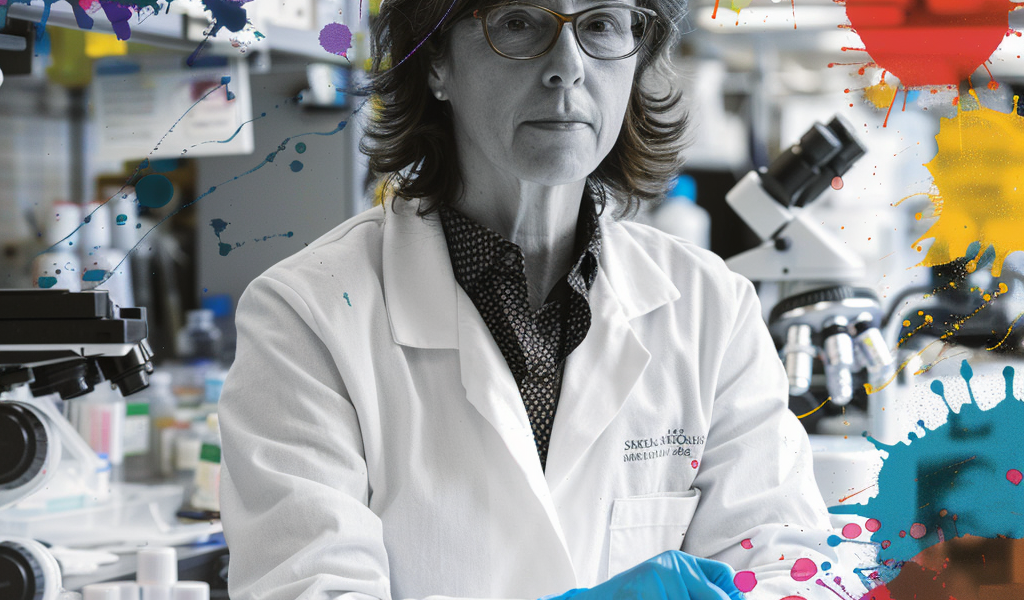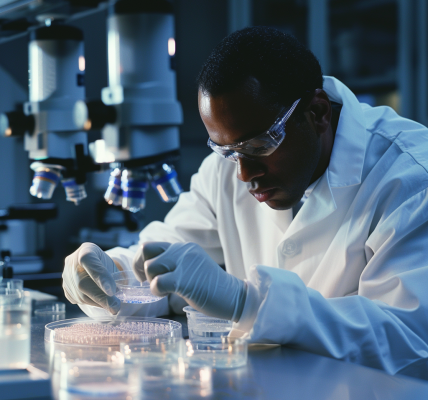Experts are making significant strides in developing immune-enhancing therapies to combat tuberculosis (TB), a disease that continues to pose a global health threat. Associate Professor Susanna Brighenti from the Centre for Infectious Medicine (CIM) at the Karolinska Institutet in Sweden is at the forefront of this groundbreaking research.
With the global number of newly diagnosed TB cases reaching 7.5 million in 2022, resulting in 1.3 million deaths, the urgency to find effective treatments, especially for drug-resistant strains, is more pressing than ever. Multidrug-resistant TB (MDR-TB) alone accounted for 410,000 cases and 160,000 deaths.
Assoc Professor Brighenti highlights the challenges posed by Mycobacterium tuberculosis (Mtb), the bacterium responsible for TB, in evading the human immune system and developing resistance to antibiotics. While new antimicrobial therapies are emerging, the current antibiotic treatments remain lengthy and intensive.
Host-directed therapies (HDT) offer a promising approach to enhance the body’s immune response against TB. By targeting immune pathways within infected cells, HDTs aim to restore antimicrobial functions and combat bacterial growth indirectly. This strategy could involve boosting the production of immune peptides or toxic molecules that aid in killing bacteria, as well as modulating inflammatory responses.
Assoc Professor Brighenti’s research collaboration has led to the development of a platform for immune reconstitution in TB using small molecule compounds like histone deacetylase (HDAC) inhibitors. These compounds play a crucial role in regulating gene transcription in immune cells, thereby enhancing the expression of proteins involved in antibacterial activities.
The presentation by Assoc Professor Brighenti at the ESCMID Global Congress in Barcelona sheds light on the potential of host-directed therapies to revolutionize TB management. As the battle against TB continues, the need for innovative treatments like HDTs becomes increasingly essential in combating this persistent infectious disease.





